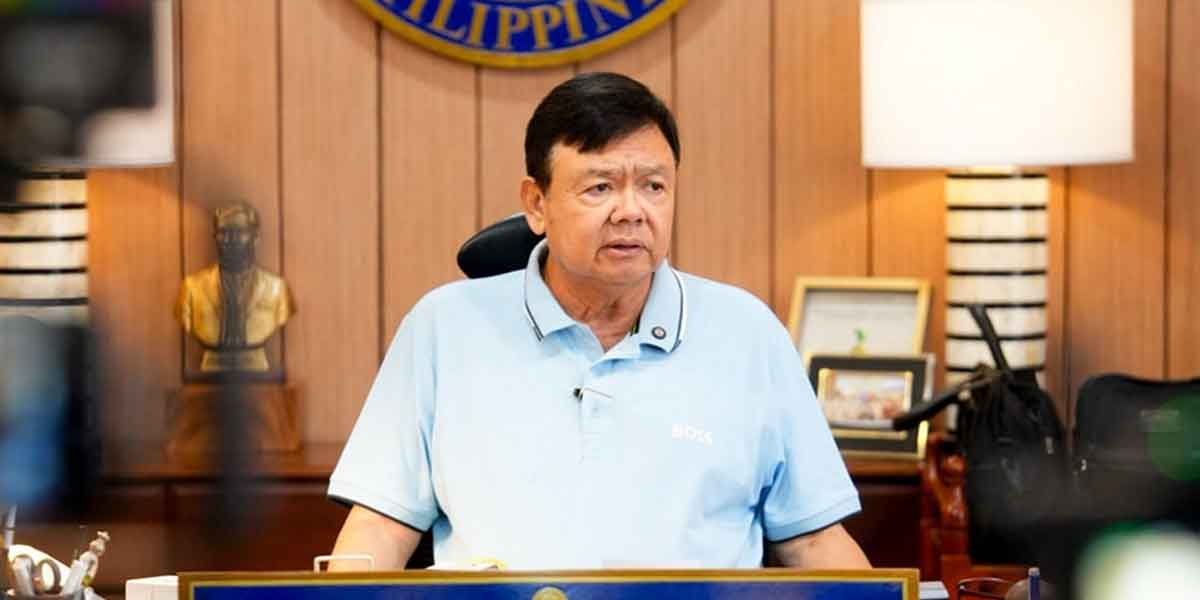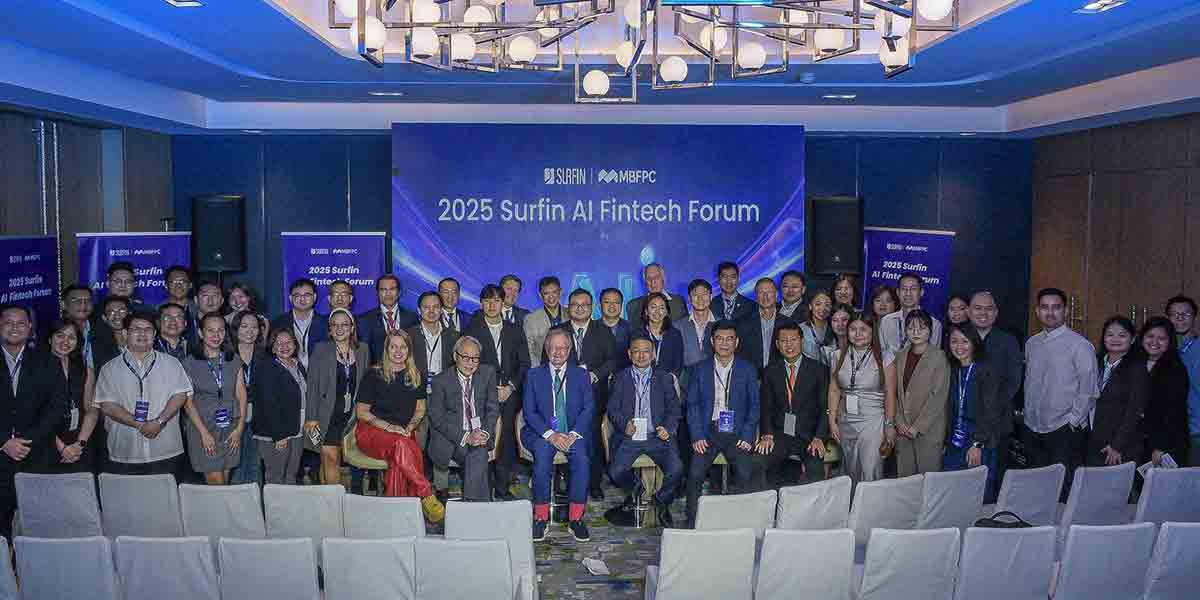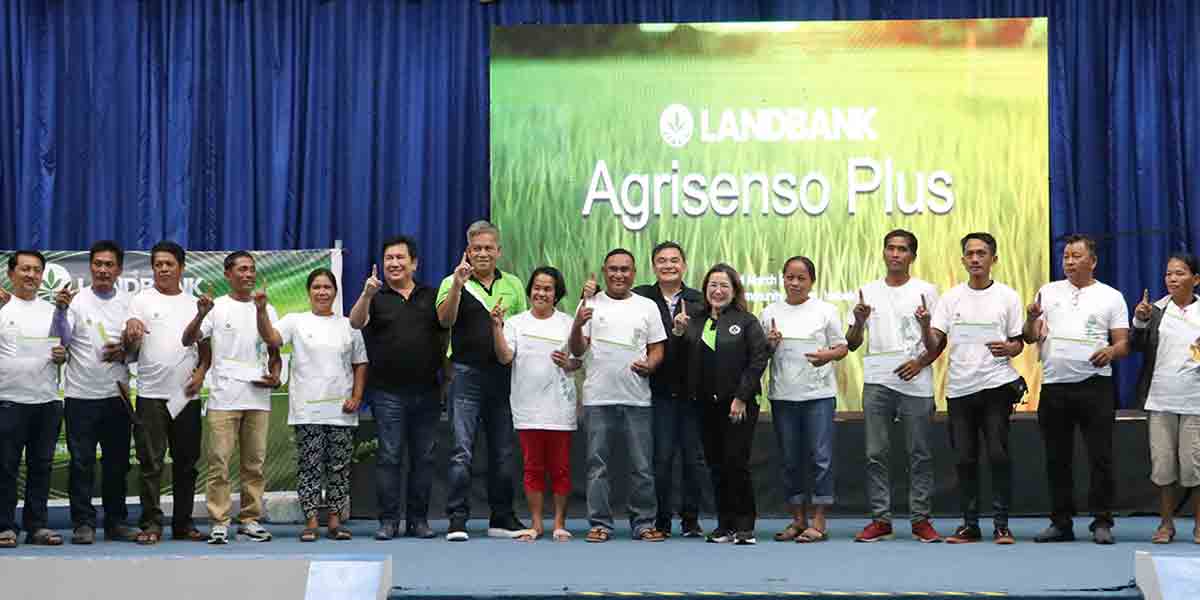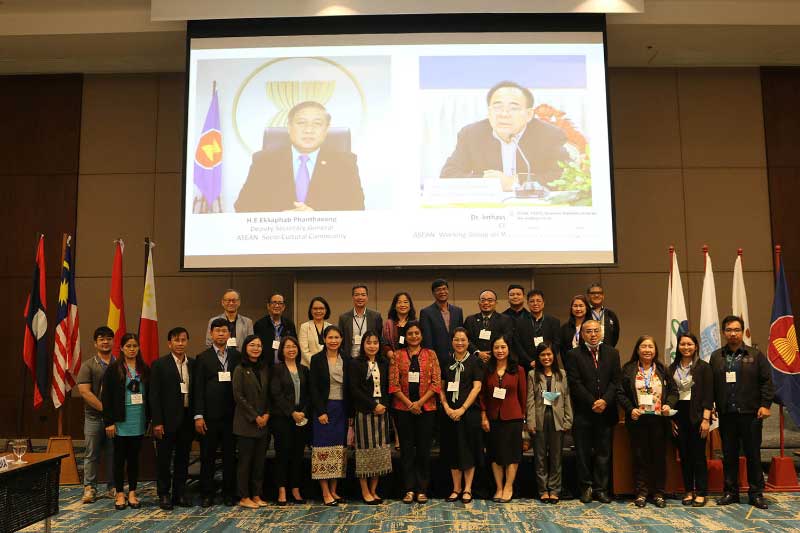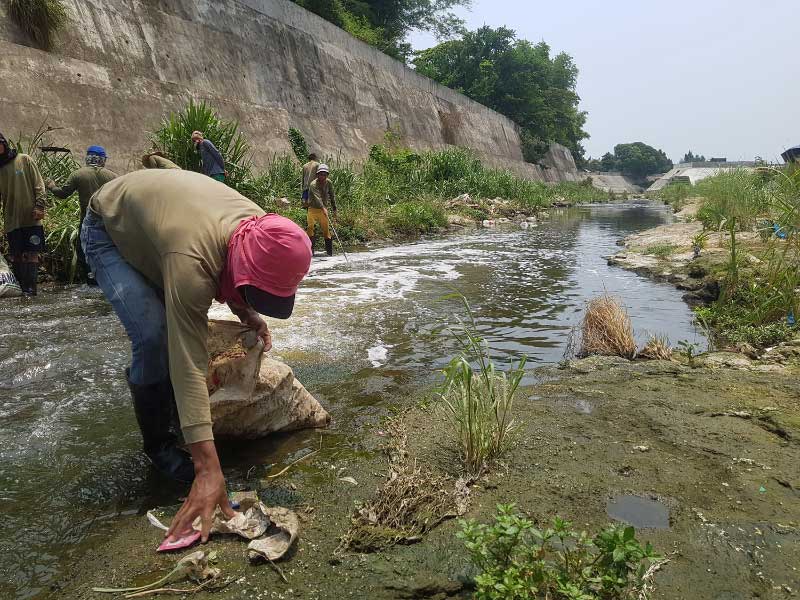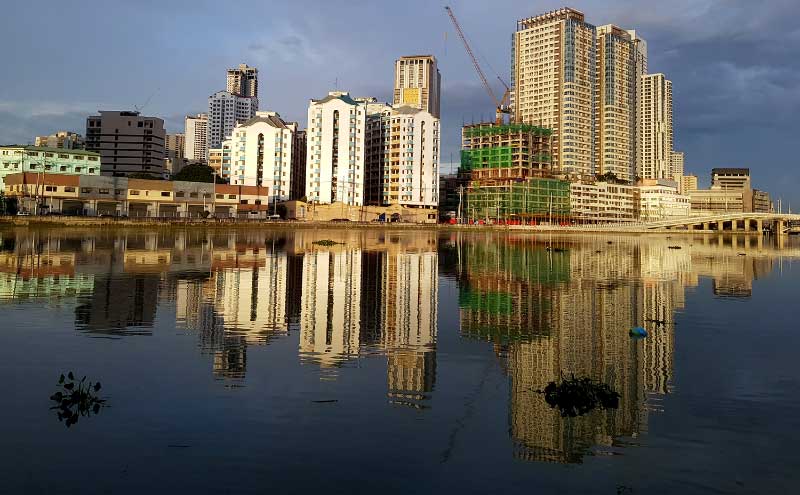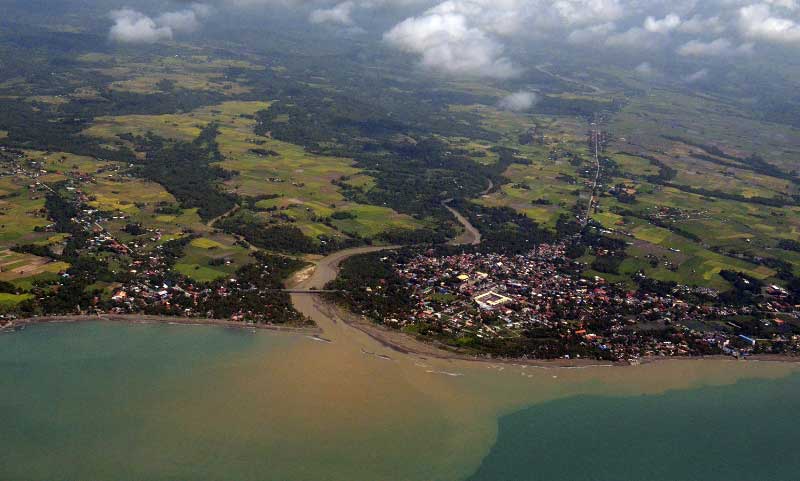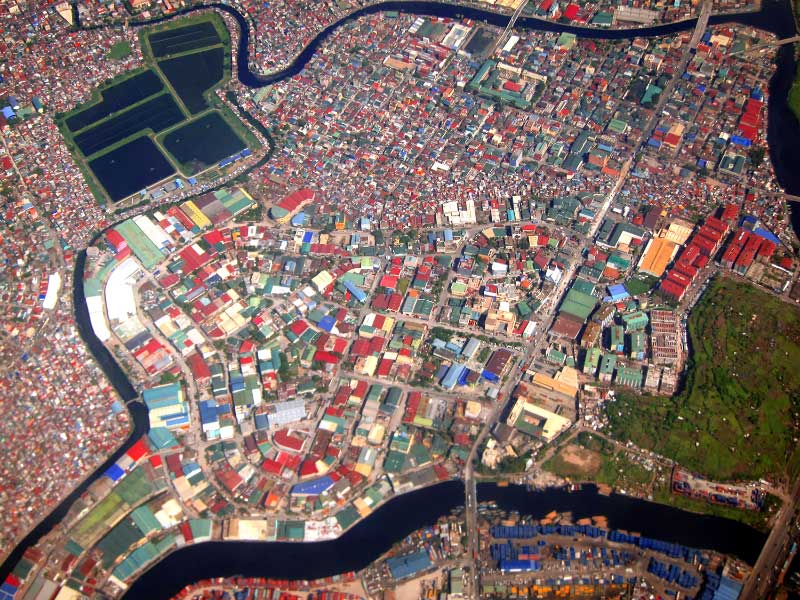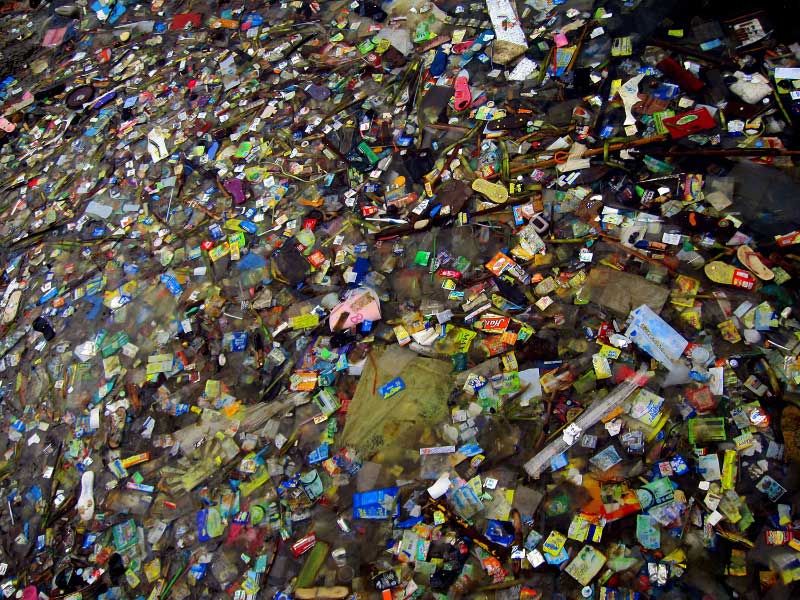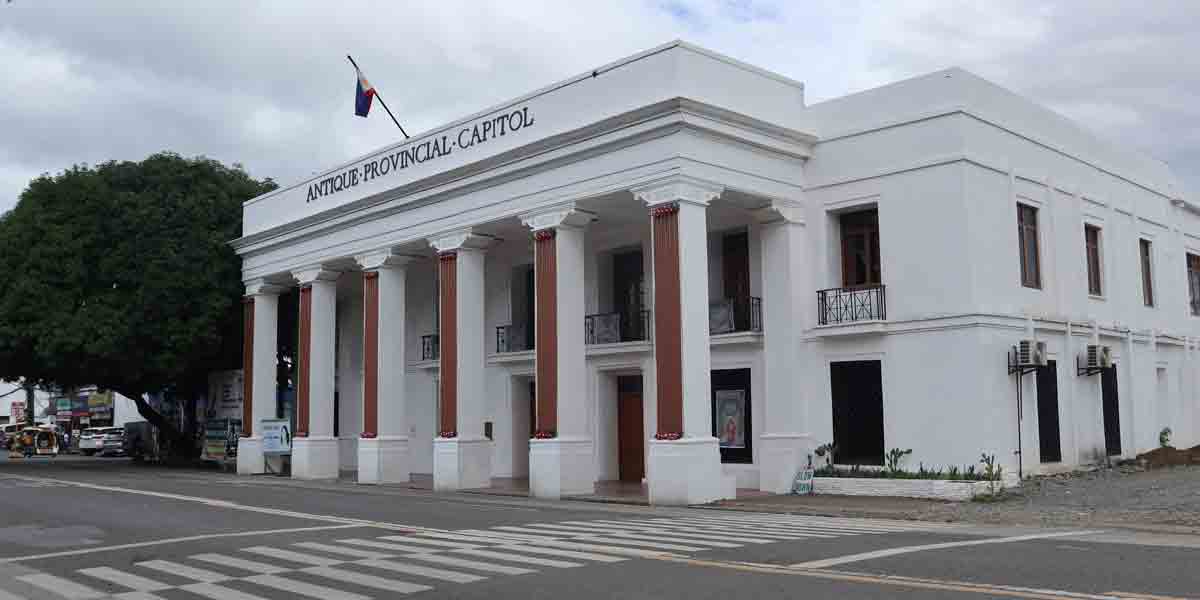A five-year regional project on Reducing Pollution and Preserving Environmental Flows in East Asian Seas Through the Implementation of Integrated River Basin Management (IRBM) was launched in Manila to develop practical and innovative ways for communities, industries and governments to work together to revitalise Southeast Asia’s rivers.
Many of the region’s largest cities were built beside rivers: Viet Nam’s Ho Chi Minh City has the Saigon, Malaysia’s Kuala Lumpur the Klang, Indonesia’s Jakarta has the Ciliwung, the Philippines’ Metro Manila the Pasig. These rivers provide natural habitats for various plants and animals, food production and water sources for millions of people. As many rivers pass through densely populated towns and cities, waste and sediment eventually flow out to sea. According to the ASEAN Regional Action Plan on Combatting Marine Debris, plastic is estimated to account for 80% of all marine debris in the ocean.
Supported by Global Environment Facility (GEF) and the United Nations Development Programme (UNDP), the Project will establish functional IRBM mechanisms in the major river basins of six ASEAN Member States – Cambodia, Indonesia, Lao PDR, Malaysia, the Philippines, and Viet Nam. “It will integrate knowledge about the vital connections between rivers and seas. Best practices and pitfalls shall be shared for other rivers to emulate and avoid,” explains Dr. Inthavy Akkharath, Chair of the ASEAN Working Group on Water Resources Management.
The launch was inaugurated by Dr. Carlos Primo David, Undersecretary for Integrated Environmental Science and Supervising Undersecretary of the DENR River Basin Control Office of the Philippines, the host country of the launch, who says that “Effective governance will allow us to continue to utilise the water and other ecosystem services that river basins provide despite the threats of extreme events and climate change.”
“Water use among ASEAN countries is growing rapidly, while water quality and quantity challenges threaten to derail much-needed economic growth,” adds Dr. Selva Ramachandran, UNDP Resident Representative to the Philippines. “We’re glad to help address the critical issue of freshwater governance in river basins beyond national jurisdictions, addressing transboundary issues such as pollution, watershed management, climate change impacts and disaster risks.”
“The project is a testament of ASEAN’s collective and forward-looking action to improving water resources management in our region,” says Ekkaphab Phanthavong, Deputy Secretary-General of ASEAN for the ASEAN Socio-Cultural Community.
Partnerships in Environmental Management for the Seas of East Asia (PEMSEA), the implementing agency of the project, will work closely with the governments and stakeholders in ASEAN Member States to improve source-to-sea governance, as well as build the capacity to plan and strengthen river basin management mechanisms.
“We view this project as a natural extension of PEMSEA’s work on integrated coastal management – as rivers are natural conduits to our coasts and open seas,” explains Aimee Gonzales, PEMSEA Executive Director. “We are excited to institutionalise the use of the integrated river basin management approach, produce state of the river basin reports which will be the first of its kind in the region, test innovative solutions in select pilot sites within the identified river basins, while mainstreaming gender equality and social inclusion from the design, planning and all the way to implementation at the regional, national and river basin level.”
The launch was organised in conjunction with a Project Inception Workshop and the first Project Steering Committee Meeting to discuss project implementation arrangements, among others. It was attended by representatives from the ASEAN Working Group on Water Resources Management, ASEAN Secretariat, UNDP, PEMSEA, and project implementing partners.


